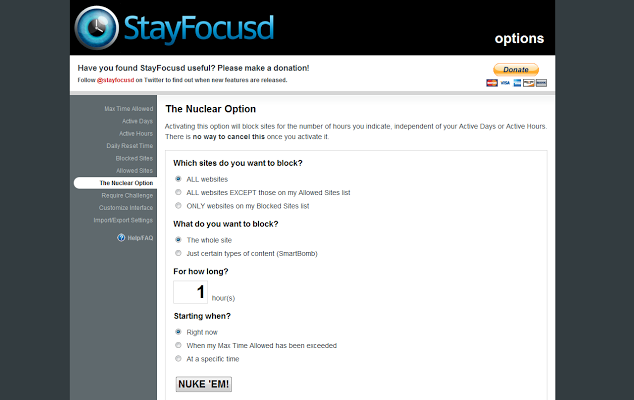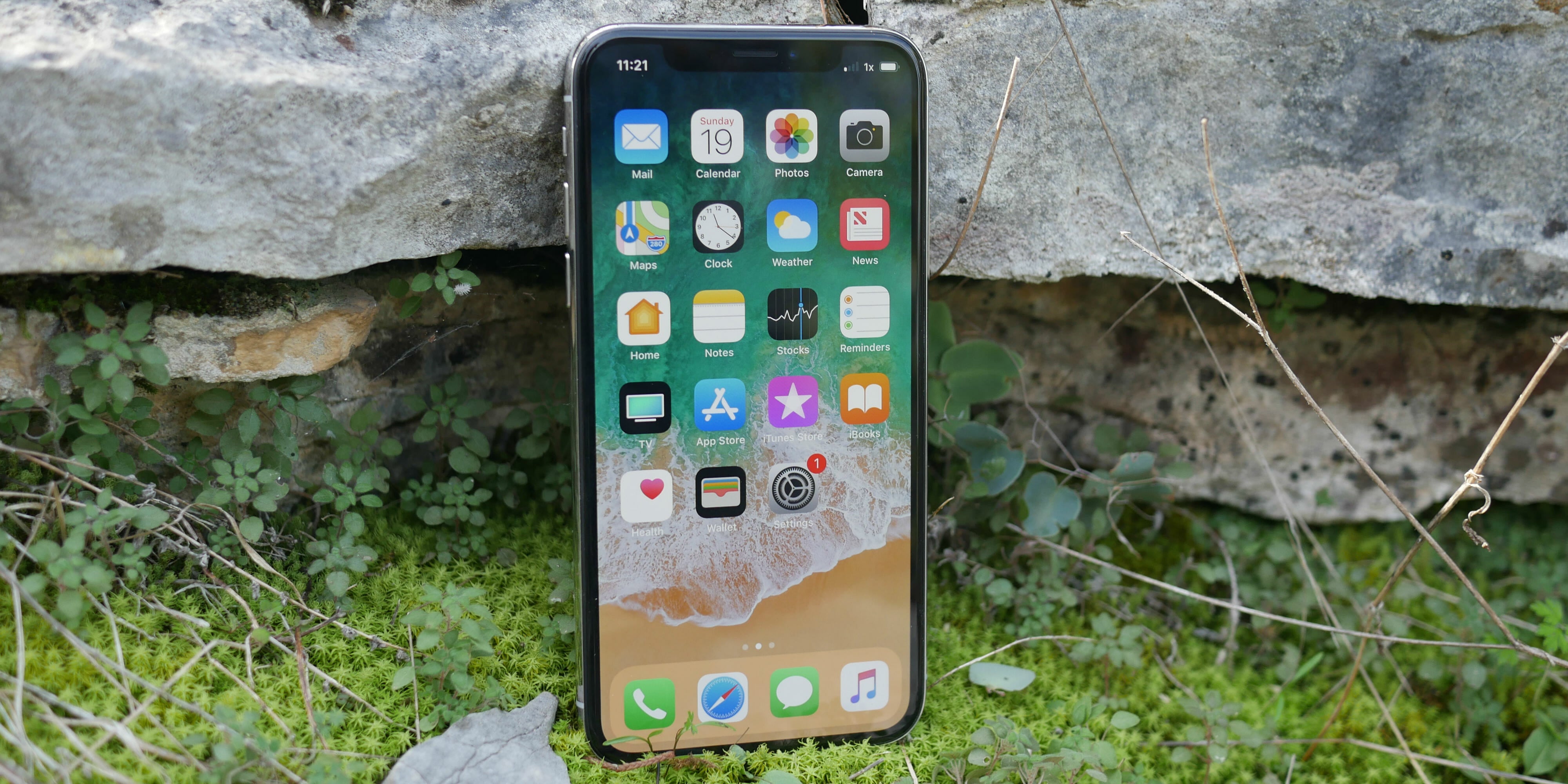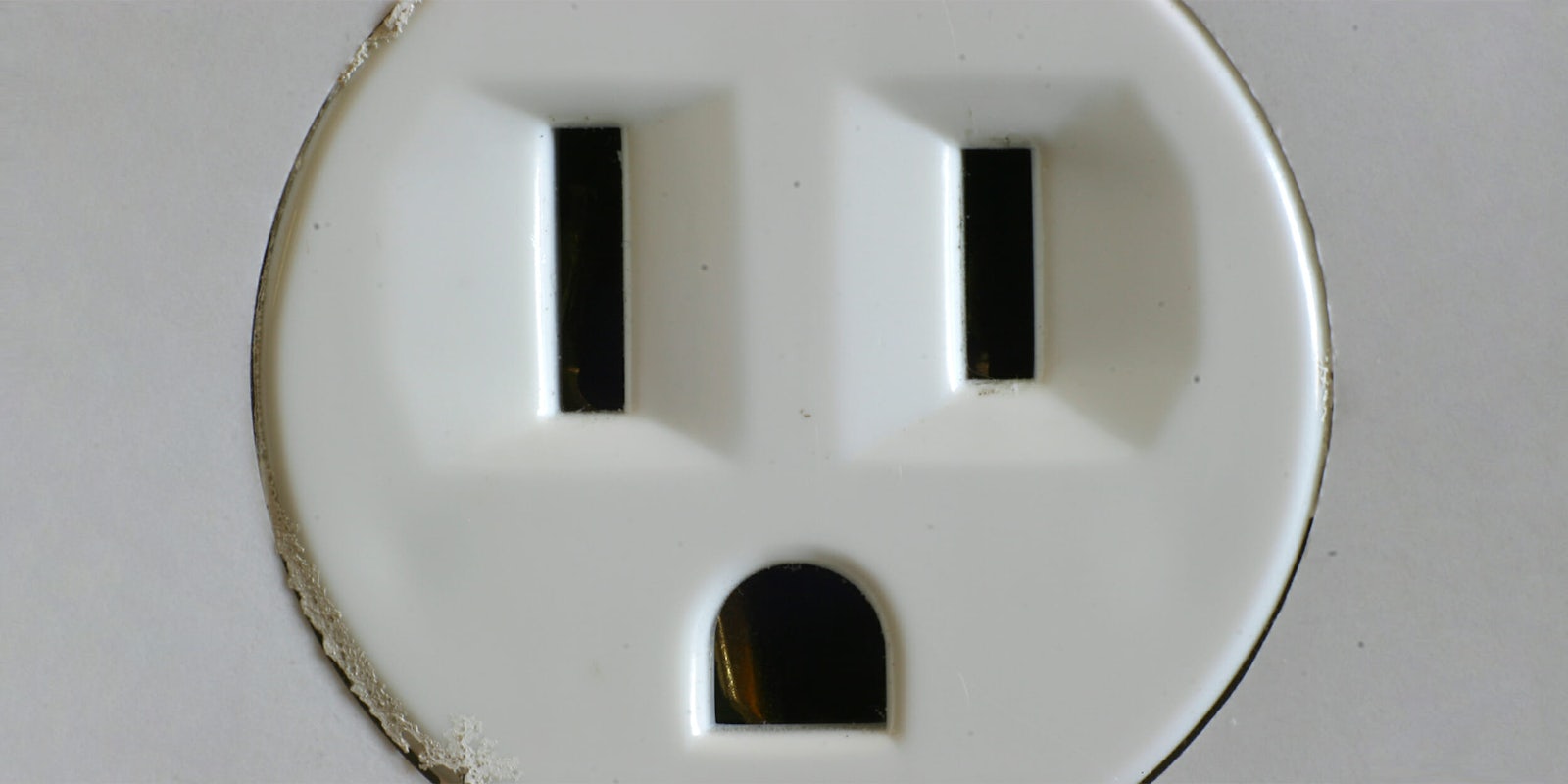In 2017, we were all extremely online. If we didn’t already have hyperthymesia, the ability to process extremely detailed autobiographical memories, we do now. “No, no,” I’ll hear myself saying, “Covfefe happened after Sebastian Gorka’s necklace was linked to a Nazi group.”
Why do I still know this? Because the internet burned it into my frontal cortex, maybe forever. Maybe one day I’ll forget my grand-nephew’s name, but I’ll be able to recall Jared Kushner couldn’t sell 666 Fifth Avenue in 2017.
Of course, there are merits to being well-informed: You can do the emotional labor of sorting fake news from journalism instead of relying on your friends and family. You can join activist groups that help place your ire where it’s needed most. And, you don’t believe that the tax bill is going to help your low-income neighbors because someone told you it would.
I’m a tech writer, and even I’m ready to say “less is more” when it comes to using the internet and social media in 2018. Learning how to unplug has been highly ranked in surveys about New Year’s resolutions the last several years, so I’m not alone. As someone who has recently deactivated Facebook after 11 tepid years of membership (wedged that humblebrag in there), I can honestly say, logging off is the thrill of a lifetime.
Here’s how you can reclaim your time this year. Hint: Don’t even attempt to go “cold turkey.” You won’t last a day.
How to realistically unplug from the internet
1. Inbox control
This is going to sound remedial for many readers, but if you are one of those people with 1,500 unread emails in your inbox, it’s time for that not to be a thing anymore. My advice is to get a glass of wine, open your email, and tackle those 1,500 (probably deletable) emails. You’d be surprised how quickly you can purge your inbox. If you use Gmail, type is:unread into the search bar, and voila.
2. Unsubscribe
You don’t need eight emails a day from a leggings retailer. Nobody does. Unsubscribing to unwanted brands and mailing lists makes one feel empowered—the master of one’s own domain. Every single time you receive an unwanted promotional email, starting now, scroll to the bottom and hit unsubscribe. Every. Single. Time. Soon, you won’t be waking up to 22 emails, with 19 you’ll delete.
3. Get a real alarm clock
Speaking of sleeping, get an actual, IRL alarm clock. Instead of waking up in the middle of the night, looking at the time, and seeing your credit score has changed, you can just see the time on your nightstand and go back to sleep.

4. Create a work/life balance, digitally
In France, workers have the legal right to ignore emails received after work hours. While doing this may not be feasible or could result in your boss going apeshit, there are ways to separate your personal life from your work life online. If you can, create a work email, separate from your personal one. This will allow you to choose when you check that other account, and how often those emails get forwarded to you. In Gmail, you can have those work emails forwarded to your personal account once every couple of hours in bulk.
Young workers also may be swayed by jobs that offer them a “free smartphone.” If you take the free phone, keep your personal one as well. It will allow you to store photos, worry-free, and turn the work phone off when you’re on vacation.
5. Consider your leisure time
If you’re like me, you like to run on the treadmill at the gym… until a pressing email pops up on your phone and totally distracts you. Since our cellphones are also our music/podcast listening devices and our workout app holders, it’s easy to feel “plugged in” at the gym. One way to fix this is to go on Do Not Disturb or Airplane Mode while working out. Relax, you can handle 45 minutes away from your mentions.
Similarly, if you read or watch TV on a tablet that receives email, texts, and social notifications, you may want to disable those, or switch to paper. Besides, studies show that people who read paper books retain much more of the information they consume.
6. Browser extensions and apps
OK, so completely deleting and deactivating is too harsh for you. I get it. But there are ways to limit your social media consumption so you can, you know, do other things. Prolonged Facebook usage has been linked to depression, envy, social anxiety, and general ennui. StayFocusd, a Chrome extension, limits your time on any website (like only 10 minutes on Twitter a day), and once the timer’s up a page appears that says, “Shouldn’t You Be Working?” To disable the page is very difficult. StayFocusd is also helpful if you’re trying to stop social stalking exes as you can completely block yourself from specific users’ pages.

If you’re prone to logging onto social media and getting sucked into some inane thread on your feed, try Feed Eradicator extensions. For your phone, Moment allows you to track just how long you spend on certain (time-waster) apps.
7. Leave your phone at home
You don’t need your phone to walk your dog, or go to the bodega, or drop off the dry cleaning. Yes, someone could die and nobody would be able to contact you… for 30 minutes. Try leaving your phone at home at least once a day for some small errand. It’s sadly liberating.

8. Delete apps, permissions and user accounts
At one point this year, I realized I had the United App, Southwest, American Airlines, UPS and FedEx apps all open on my phone. I never closed them, and I hadn’t used any of them in months. You don’t need all the apps all the time. Same goes for social media. Why keep a LinkedIn account if you’ve never gotten a job on it and people in your field don’t use them? If every time you look at your home screen and it looks like that drawer where you keep matches, scissors, and an old Subway gift card, it’s creating unnecessary mental clutter whether you know it or not.
9. Get an offline hobby
Calligraphy, horseback riding, cooking, and pottery classes all require you divert your eyes away from screens. Sign up for a local class, and you might meet your next BFF or find a crush you can’t swipe. Besides, once you learn a new skill, you’ll have something to Instagram later.


